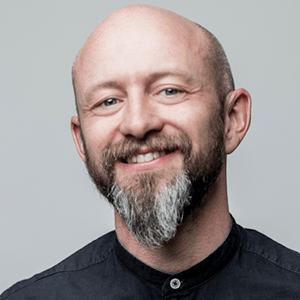
Author: Markus Sekulla
Hi, I'm Markus. I'm a freelance management consultant in the field of creative/digital communication. In my free and working time, which is not always clear-cut, I like to focus on new work, trends, gadgets and sustainable ideas. In my real free time, I'm quite a health freak: eat, run, sleep, repeat.
Markus Sekulla on LinkedIn